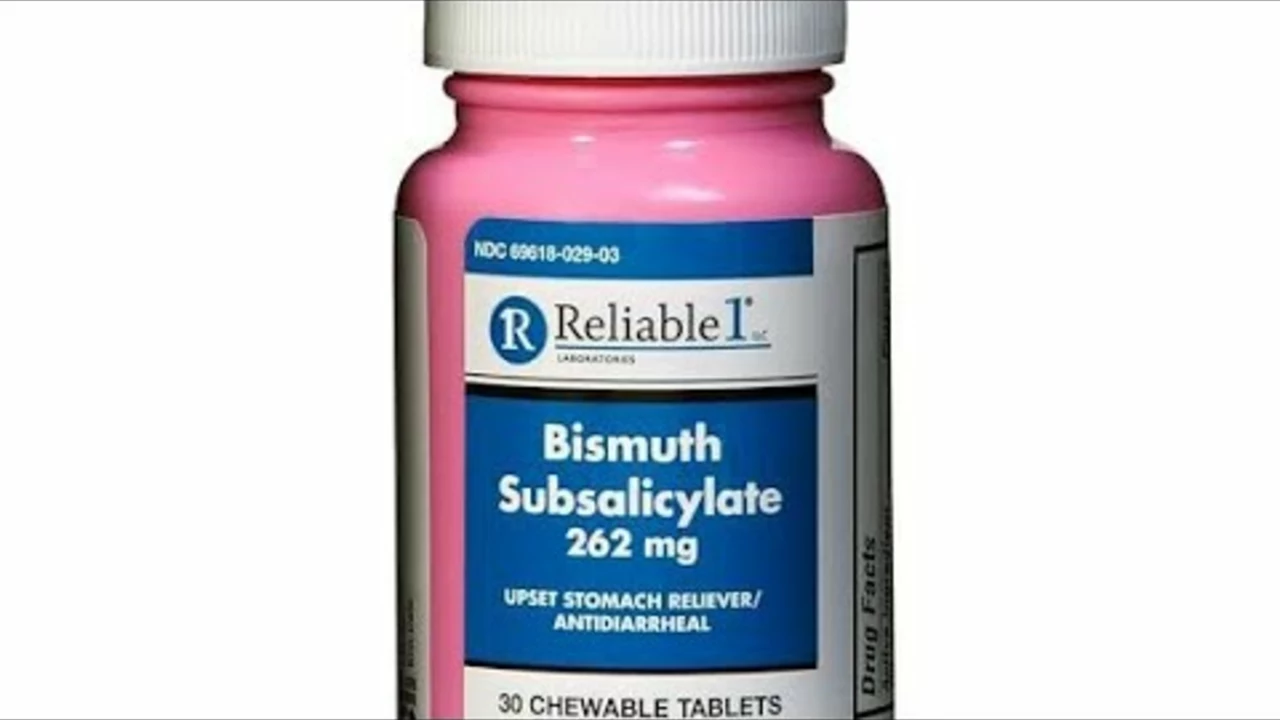Supplements can fix real shortfalls — or waste your money. You want straightforward advice: which pills are worth trying, which ones can cause harm, and how to read product labels so you know what you're buying. This page collects practical tips and links to in-depth articles on common supplements like Laminaria and activated charcoal.
Ask two simple questions first: do you have a real deficiency or medical reason, and is there good evidence the supplement helps? Get a blood test if you suspect low vitamin D or iron. For things like omega-3s or probiotics, look for studies in people (not just test tubes). If benefits are mostly anecdote or marketing claims, be skeptical.
Check dose and form. Some vitamins work only in certain forms or at specific doses. For example, vitamin D3 is usually better than D2 for raising blood levels. A label that lists vague proprietary blends without amounts is a red flag.
Buy brands that use third-party testing. Look for seals from USP, NSF, or ConsumerLab. Those tests check that the bottle contains what it says and doesn’t have heavy metals or contaminants. If a product promises a miracle cure, skip it.
Watch for interactions. Supplements aren't always harmless. St. John's wort can interfere with many prescription drugs. High-dose vitamin E or K can affect blood thinners. If you take medications, run any new supplement by your pharmacist or doctor.
Understand timing and storage. Some nutrients absorb better with food (fat-soluble ones like A, D, E, K). Others break down with heat or light; keep them in a cool, dark place. And don’t assume more is better: megadoses can cause harm.
Special groups need caution. Pregnant people, young children, and those with chronic conditions should avoid experimenting. Iodine-rich seaweed supplements like Laminaria can be helpful for some, but they can also disrupt thyroid function if used badly. Activated charcoal has niche uses in poisoning, but it’s not a routine detox and can block nutrient absorption.
Practical buying tips: read the full label, check batch testing or certificate of analysis, favor transparent companies, and avoid extravagant health claims. Try a short trial period and track any changes or side effects.
Want to read more? We have focused articles on popular supplements, safety guides, and product reviews. Browse posts tagged "dietary supplements" for evidence-based breakdowns and real-world tips to help you choose smarter.

Skunk cabbage, despite its unappealing name, has emerged as an intriguing player in the field of dietary supplements. Traditionally used by Native Americans for its medicinal benefits, skunk cabbage is now being recognized for its potential health advantages in modern nutrition. This article explores the nutritional profile, health benefits, and practical tips for incorporating skunk cabbage into a daily wellness routine. Readers will discover how this unconventional plant could contribute to enhancing various aspects of their health.

In my latest blog post, I've delved into the benefits of Bismuth, often overlooked but a hidden gem in the world of dietary supplements. Known for its healing properties, Bismuth can aid in digestive issues and promote overall gut health. Supplementing your diet with Bismuth can lead to improved overall health and well-being. However, as with all supplements, it's important to take Bismuth responsibly and in moderation. Let's discover more about this unsung hero of health supplements together!